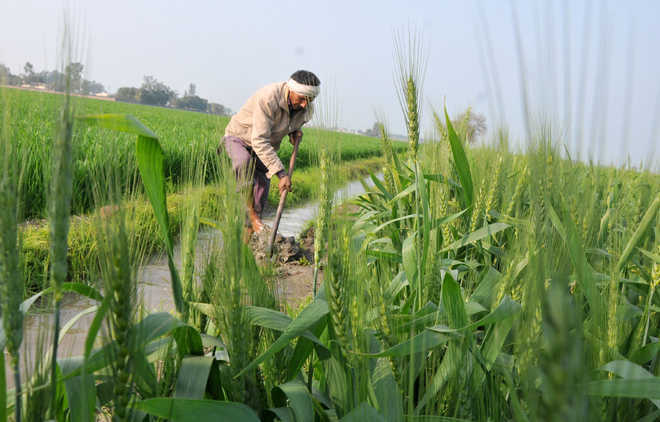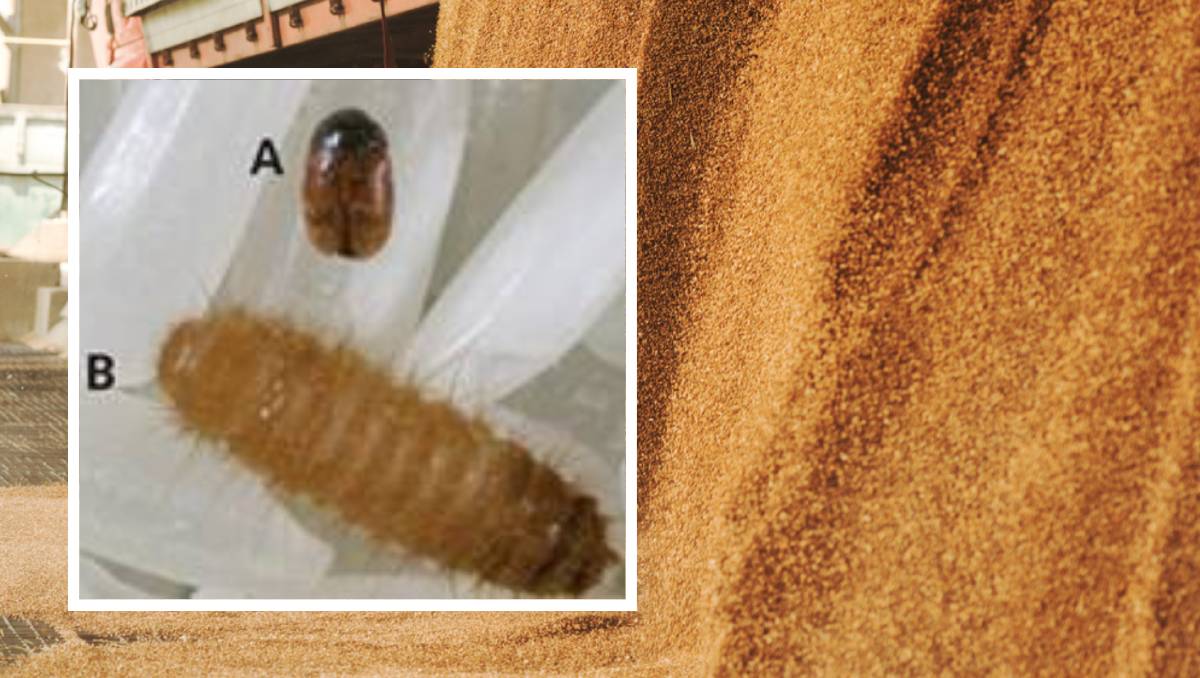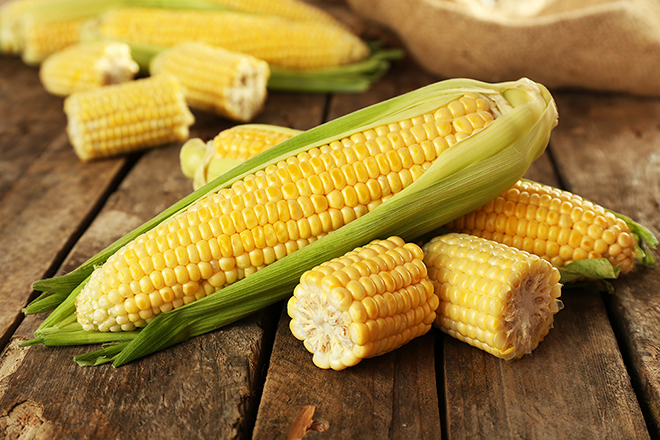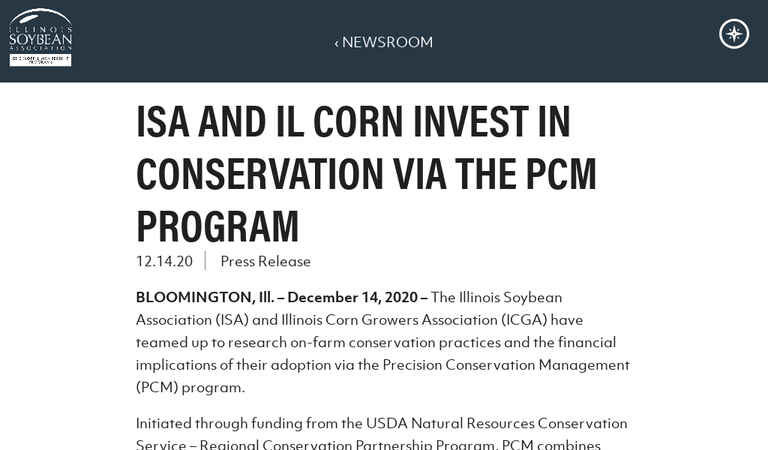01/04/2021 SOURCE: www.reuters.com
Mexico's main agricultural lobby on Saturday criticized the government's decision to ban genetically modified corn, while organic growers hailed the move that should protect smaller farmers.
Mexico farm lobby blasts ban on GMO corn; organic growers welcome it
-
(0)
-
Bookmark
- Comments. (0)
01/04/2021 SOURCE: www.tribuneindia.com
A farmer’s average monthly income in Haryana is among the highest in the country, both according to the Situation Assessment Survey of Agricultural Households (2013) and NABARD All India Rural Financial Inclusion Survey (2016-17). Still, at Rs 18,496 per month, this income is less than the sal
Crop productivity counts
-
(0)
-
Bookmark
- Comments. (0)
01/02/2021 SOURCE: www.duluthnewstribune.com
The Minnesota Agricultural Water Quality Certification Program, which began in 2014, has certified 977 farms over 685,000 acres in the state.
Walz sets 1 million acre goal for water quality program | Duluth News Tribune
-
(0)
-
Bookmark
- Comments. (0)
 John LaRose Jr.
John LaRose Jr.
Topics: Wheat, Corn/Maize, Rice, Pesticides, Agriculture Global, Economics, Pest Control, Sweet Corn, World Population,
Biosecurity boost to stop top threat khapra beetle
The khapra beetle is one of the nation's most dangerous biosecurity threats.
-
(0)
-
Bookmark
- Comments (0)
 Isaac L
Isaac L
Topics: Corn/Maize, Education U.S. NorthEast, Food/Nutrition, Sweet Corn, World Hunger, World Population,
Cash in on the health benefits of corn
Many of us have great summer memories surrounding sweet corn. In the Midwest, when sweet corn is ready, our meals take on a different look as ears of corn make their way to our plates. But there’s more to corn than just the version on the cob.
-
(2)
-
Bookmark
- Comments (3)
 John LaRose Jr.
John LaRose Jr.
Topics: Corn/Maize, Vegetables, Economics, World Hunger, Ag Africa, World Population, Coronavirus/COVID,
Farmers turning out to be among pandemic heroes - FarmKenya Initiative
The country is currently food sufficient, according to the Ministry of Agriculture
-
(0)
-
Bookmark
- Comments (0)
 Randy Krotz
Randy Krotz
Topics: Corn/Maize, Ethanol/Biofuel, Climate Change, US EPA,
-
(1)
-
Bookmark
- Comments (0)
 JAMES MSASA
JAMES MSASA
Topics: Corn/Maize, Commodities, Agriculture Global,
Farmer's Co-operatives in Southern Highlands zone.
VIBINJO COOPERATIVE LTD presenting their Strategic Plan for 2021.
-
(2)
-
Bookmark
- Comments (0)
 Kim Bremmer
Kim Bremmer
Topics: Corn/Maize, Agriculture Global, CRISPR/Gene Editing,
-
(2)
-
Bookmark
- Comments (0)
 Nancy Kavazanjian
Nancy Kavazanjian
Topics: Corn/Maize, Soybeans, Conservation/Tillage, Water, USDA,
ISA and IL Corn Invest in Conservation via the PCM Program
The Illinois Soybean Association (ISA) and Illinois Corn Growers Association (ICGA) have teamed up to research on-farm conservation practices and the financial implications of their adoption via the Precision Conservation Management (PCM) program.
-
(0)
-
Bookmark
- Comments (0)









